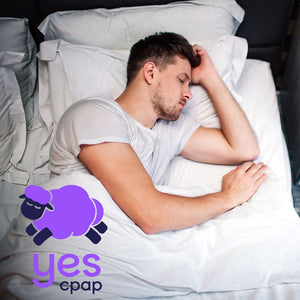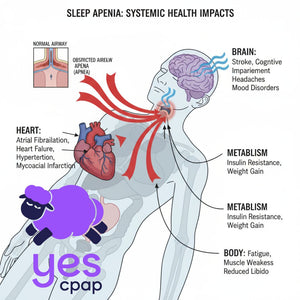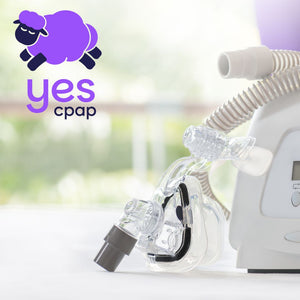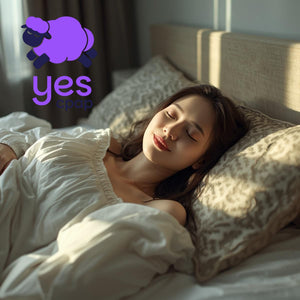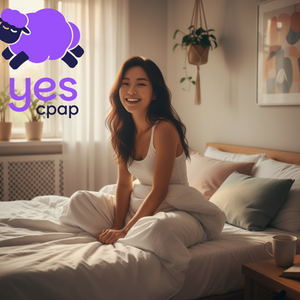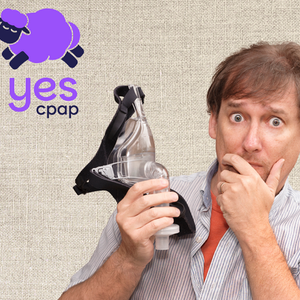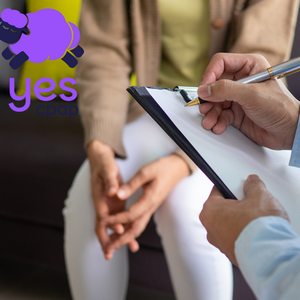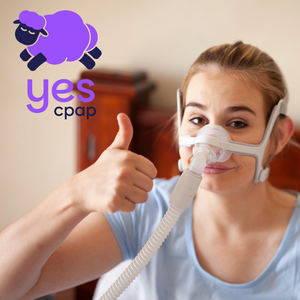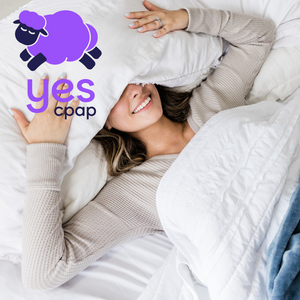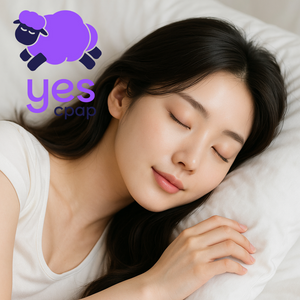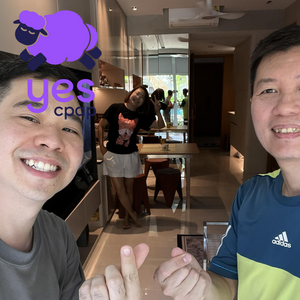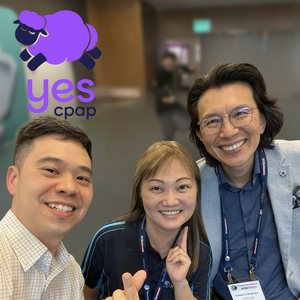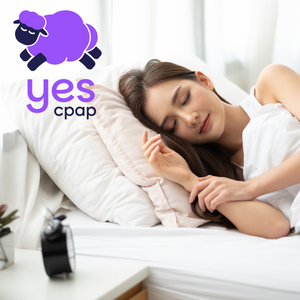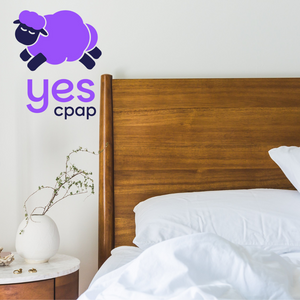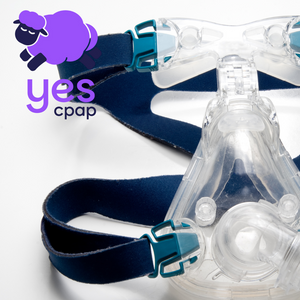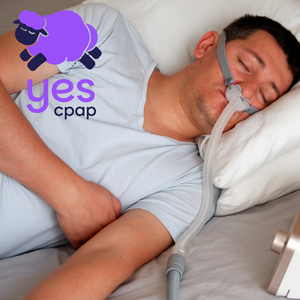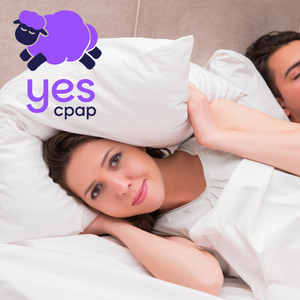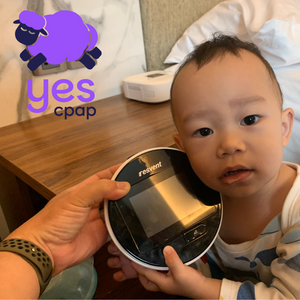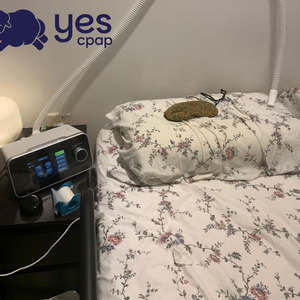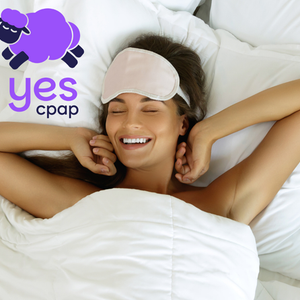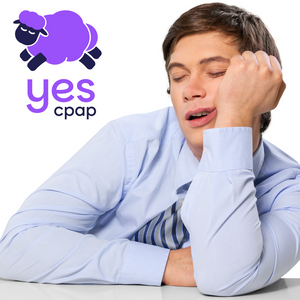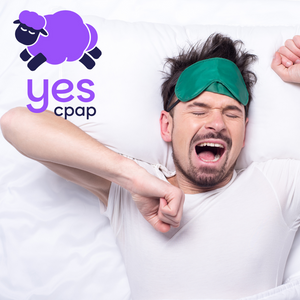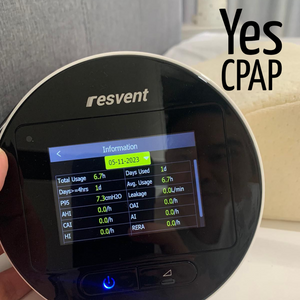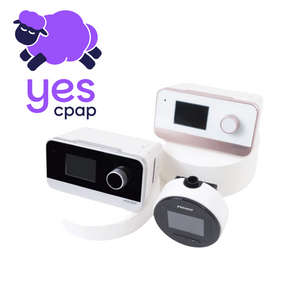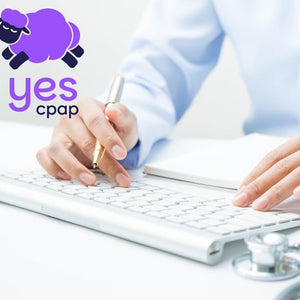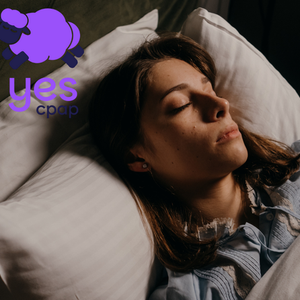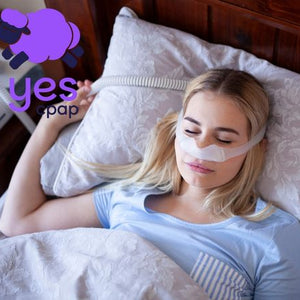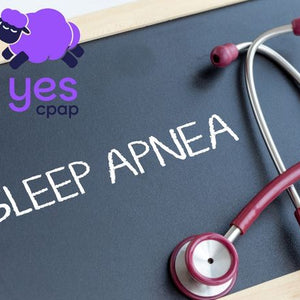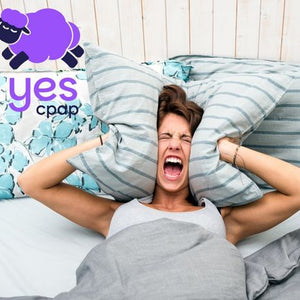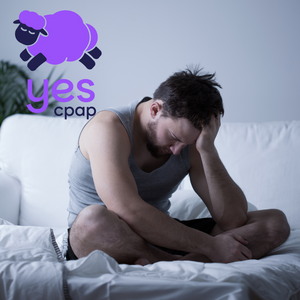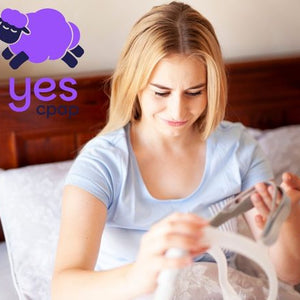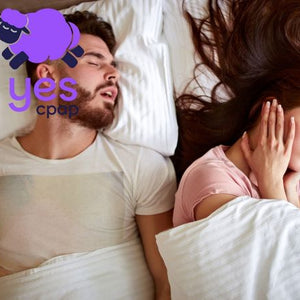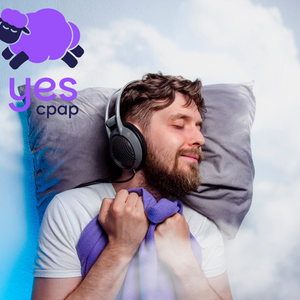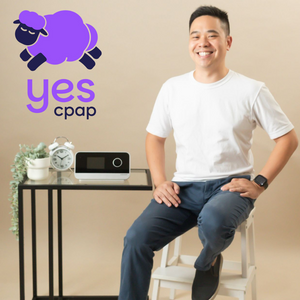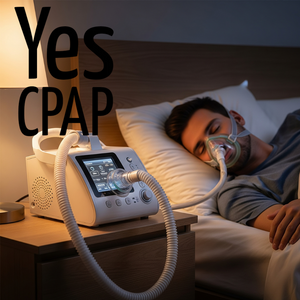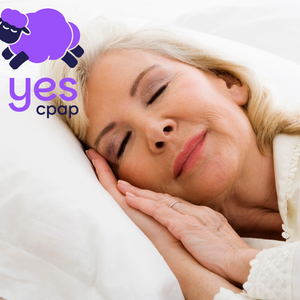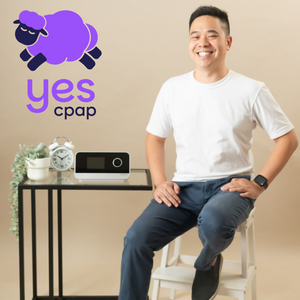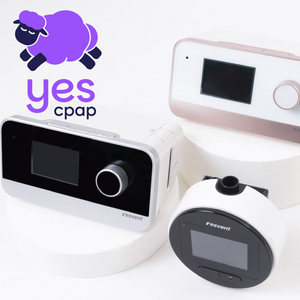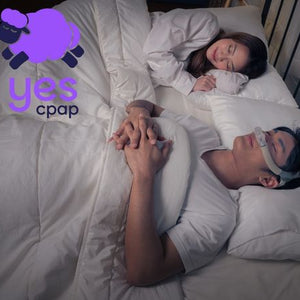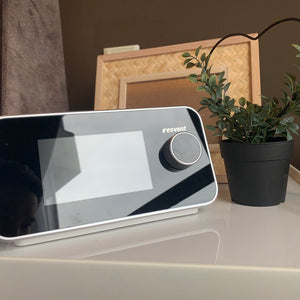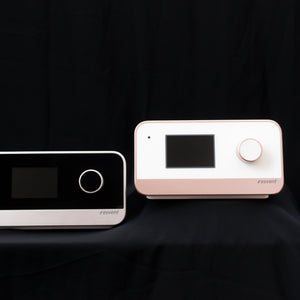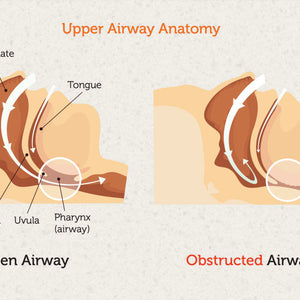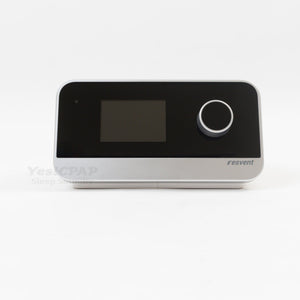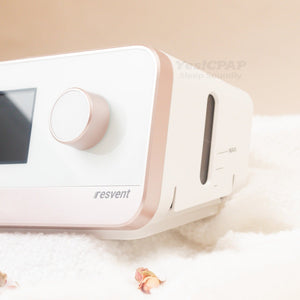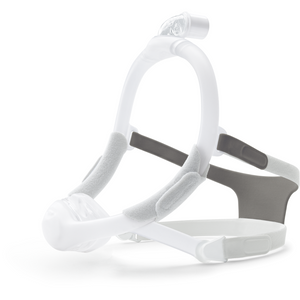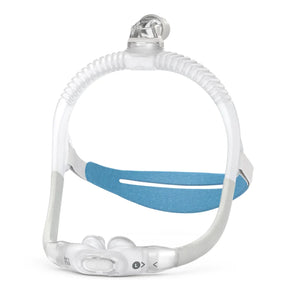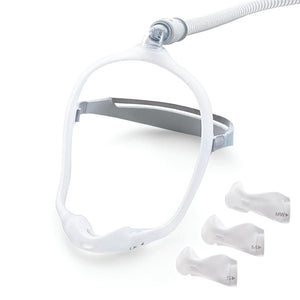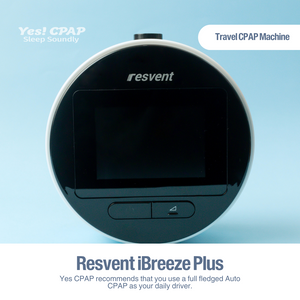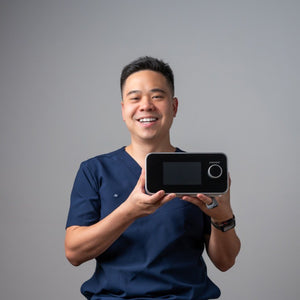1. What is Sleep Apnea? Do I have it?
Answer: Sleep apnea is a common condition - 1 in 3 Singaporeans has it. It’s usually noticeable when a person snores moderately to heavily.
Sleep apnea occurs when during sleep, a person’s upper airway narrows, leading to reduced air intake. This in turn leads to low blood oxygen, and subsequent repeated mini wake events. The person is prevented from going into deep sleep by his or her snoring and apnea events.
A common symptom of sleep apnea is excessive daytime sleepiness. There are other symptoms that not all people may have, including frequent headaches, dizziness, memory problems, elevated blood pressure, episodes of breathing pauses during sleep, waking during the night to gasping or choking, dry mouth or sore throat in the morning, and mood changes, such as depression or being easily upset.
Importantly, untreated sleep apnea often results in heart attacks and strokes.
2. How do I know if I have sleep apnea?
Answer: If you have the symptoms mentioned above (#1), you should intervene by trying CPAP therapy. If you’re not sure or want to double check, you can do a health screening in the form of a home sleep test rental kit that we offer at Yes CPAP.
3. What is CPAP therapy?
Answer: CPAP therapy - Continuous Positive Airway Pressure - is the gold standard to resolving sleep apnea. It is recognized as the first and best treatment option because it is non invasive in nature, does not require medication, and treats sleep apnea at its root – using gentle pressure to keep the upper airway open. CPAP therapy prevents the upper airway from narrowing, and allows the user to go into deep sleep without snoring or choking.
4. How does a CPAP machine work?
Answer: It uses gentle air pressure to keep the upper airway open, allowing the user to go into deep sleep without snoring or choking. You also wear a mask to ensure the gentle air pressure arrives at your upper airway.
Answer: Some people who start on CPAP therapy end up losing weight to the point of no longer having sleep apnea. This can be verified with a sleep test. The reality is that for the majority of sleep apnea sufferers, the very effect effect of CPAP therapy on our health results in very willing long term adherence.
5. Will I get dependent, reliant, or addicted to CPAP therapy?
Answer: We should see CPAP therapy simply as a form of technology that helps us. Just take a watch for example. It’s a form of technology to help tell the time. But we don’t often say that we are “dependent, reliant, or addicted” to our watch. Similarly, we can see CPAP therapy as technology that just helps us breathe better in our sleep, without snoring or choking. We can apply the same analogy to just about any piece technology. We’re not “addicted” to our cars for getting to work, or “reliant” on shopping carts every week.
6. It seems uncomfortable to wear a mask. What do you advise?
Answer: The mask technology of the last 5-10 years has really come a long way. Gone are they days where you would have to wear a full face mask that’s cumbersome and claustrophobic. Today, lightweight and low profile masks like the Resmed p30i and Dreamwear Silicone Pillows are almost like wearing nothing. They are very comfortable to fall asleep, and to stay asleep with.
7. It seems unsexy to wear a mask to sleep. How can I discuss CPAP therapy with my bed partner?
Answer: If you use CPAP therapy, and feel shy about telling your bed partner about it, you can use your CPAP tubing to whisper sweet nothings to them. This would be quite a sexy way to introduce your CPAP therapy to them.
The reality is, that if your partner is serious about you, they should be concerned about your health, and that wearing a CPAP mask to sleep should not be a deal breaker for your relationship. In fact, they probably would rejoice to deal with the greatly reduced snoring that CPAP therapy brings. And by the way, you don’t have to wear your CPAP mask during intimacy – only during sleep.
8. My bed partner has been snoring loudly, disturbing my sleep. I’m concerned about their health. What can I do to talk to them about CPAP therapy?
Answer: Rejoice, for you’ve come to the right place. Many couples experience “sleep divorce” before they discover CPAP therapy. After CPAP therapy, they’re able to come back to sleeping in the same bed.
If your bed partner has been snoring, but hasn’t yet been convinced about the benefits of CPAP therapy, tell them that untreated sleep apnea leads to heart attacks and stroke, and that you would really miss them if they die in their sleep.
9. How do I choose the right mask?
Answer: For Asians, the team at Yes CPAP has discovered that 3 main mask models tend to be effective with good seal, and are very comfortable. These are the Resmed p30i, the Dreamwear Silicone Pillows Mask, and the Dreamwisp Mask.
If you’re located in Singapore, you’re welcome to make an appointment to visit our home office to try out a mask before you buy.
If it’s your first time buying a CPAP machine, we include mask tryouts in our appointment with you.
10. How do I know that Yes CPAP is the right team to walk with me in my sleep journey?
Answer: At Yes CPAP, we’re a team of fellow sleep apnea sufferers led by a clinical certified sleep technologist. We walk with you in your entire sleep journey, whether it’s enquiries or Google Meet consultation, home sleep test rentals, mask tryouts, CPAP pressure initialization, eventual pressure optimization, or further troubleshooting.
We know the troubles that sleep apnea sufferers face, and are very prepared to walk with you through any teething issues that can come with starting CPAP therapy.
We’re also a recognized CPAP partner of the National University Hospital, Alexandra Hospital, and various clinics including iCare Primary Care Network, Dr KH Lim ENT Surgery, SM Haneefa Clinic, and others.
11. Can I travel with my CPAP machine?
Answer: Yes, most CPAP machines are portable and suitable for travel. By right, we’re supposed to advise you to hand carry your CPAP machine. But we also know that it’s not always feasible. Here’s the advisory from Singapore Airlines on CPAP machines. Basically, they’re allowed on SQ flights. If you’re traveling with other carriers, you can inform the airline in advance.
One important tip when you’re traveling with your CPAP machine – remove the water from the humidifier each morning, to prevent water spillage into the blower if a chamber staff accidentally picks up your CPAP machine.
We also carry and ourselves use a travel sized CPAP machine called the iBreeze Plus Travel Auto CPAP. This model saves a lot of space and works effectively.
12. How do I clean my CPAP equipment?
Answer: Regular cleaning is crucial to prevent bacterial growth. Remove fabric mask parts before washing with hand soap and water.
CPAP Reusable filters can be removed and washed with hand soap and water. Do not install a wet filter into your CPAP machine. Instead, install a new filter, or a filter that has been completely dried out.
You can wash your tubing with hand soap and water. Use the CPAP machine’s blower to blow dry the CPAP tubing and mask. Lay a large towel on your bed and place the CPAP tubing and mask while this is happening.
13. Can I adjust the CPAP pressure on my own?
Answer: At Yes CPAP, we’re trained clinical sleep technologists.
We encourage users to begin to be actively involved with their pressure settings, or at least to be aware of what’s going on.
We walk closely with our patients in gradually optimizing your pressure settings.
14. My mask is leaking from the top and the front. There are holes there. Is this normal?
Answer: These holes on CPAP masks are carbon dioxide exhalation ports. This is normal and not considered part of the leak readings on your CPAP machine.
15. My air pressure flow seems choppy. What can I do to resolve this?
Answer: At Yes CPAP, we usually provide a tubing management hook that comes with each CPAP machine. This tends to smoothen the airflow significantly, and to manage the mask and tubing.
16. I have mouth leaks. What should I do?
Answer: We tried many solutions in the past, including chin straps and bolster hugging. But none of them worked. Eventually, we tried mouth tape and it really completed the last 50% of the effectiveness of our CPAP therapy. Check out this video on resolving mouth leaks.
17. What is the difference between CPAP and Bipap therapy?
Answer: CPAP therapy is a broad term that covers many forms of positive airway pressure (PAP) therapy.
Auto CPAP machines are currently the most common CPAP machines in existence. For people below the age of 50, our experience is that Auto CPAP is generally tolerable and very possible to find success with.
In our experience, Auto Bipaps tend to be much more comfortable for folks above 50 than Auto CPAPs. The exhaling portion of breathing with Auto Bipaps is less effortful.
If we were to give a very rough comparison between breathing with Auto CPAP and Auto Bipap, the difference in breathing is around 30-40% better. Check out this longer article on the comparison between Auto CPAPs and Auto Bipaps.




